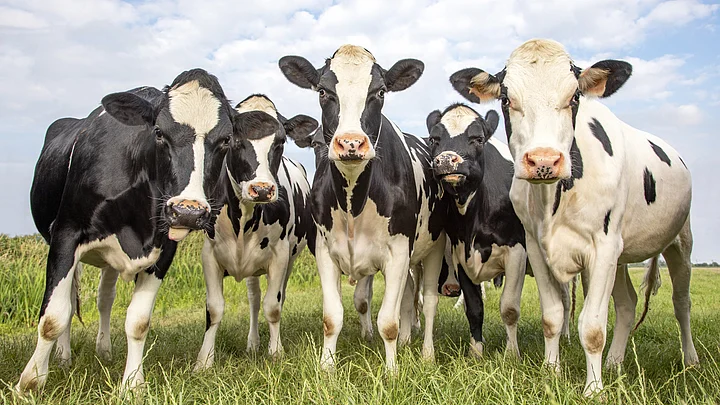Despite doctors and experts repeatedly warning against it, the idea that cow excrement has some medicinal benefits has been persistent in India.
However, researchers at the Indian Veterinary Research Institute (IVRI), Bareilly have published a study showing conclusive evidence that cow urine may contain potentially harmful bacteria, reiterating that it is not suitable for human consumption. Here's what to know about the study, and what it found.
Key points of the study:
The study was led by Bhoj R. Singh, the head of the epidemiology department at the institute.
It was conducted between June and November 2022
They looked at the bacterial profile and anti-microbial efficacy of cattle and human urine
57 fresh urine samples were collected from both cow and buffalo cattle
The peer-reviewed study was published in an online research website.
What the study found: Fresh cow urine contains at least 14 different types of bacteria, including E. Coli - a bacterium that causes GI issues.
Why does it matter? Despite repeated warnings by health experts, cow urine has been a popular alt medicine remedy, touted to have a slew of health benefits from boosting immunity and curing leprosy, to treating COVID.
Essentially, the study reiterates what we already know, but backs it with scientific evidence – animal excrements should not be consumed.
Speaking to FIT for a previous story, Dr Sumit Ray, a Senior Consultant, Critical Care Medicine explained, "Scientifically, cow dung and cow urine are excreta from an animal’s (mammal’s) body, which is being thrown out."
"There are no scientific studies or evidence to show that cow urine or cow dung has antiseptic properties. It is not going to benefit us in any infections, including this coronavirus. Comments like these only add to the unscientific and irrational information that is spread!"Dr Sumit Ray, Critical Care Specialist, Holy Family Hospital
Aprat from the presence of pathogens, a study conducted in Mexico in 2021 found heavy metals in blood, milk and cow's urine reared in irrigated areas with wastewater.
Between the lines: The study authors, however, also make a distinction between 'fresh' and 'distilled' cow urine, underscoring that the findings of the study are limited to fresh urine.
"Statistical analysis of 73 urine samples of cow, buffaloes and humans suggest that antibacterial activity in buffalo urine was far more superior to cows. Urine of buffalo was significantly more effective on bacteria like S Epidermidis and E Rhapontici," Singh was quoted as saying by Times of India.
But, he adds, "the common belief, that cow urine is antibacterial, can’t be generalised."
"In no case can urine be recommended for human consumption."Study author, as quoted as saying by Times of India
(At The Quint, we question everything. Play an active role in shaping our journalism by becoming a member today.)
